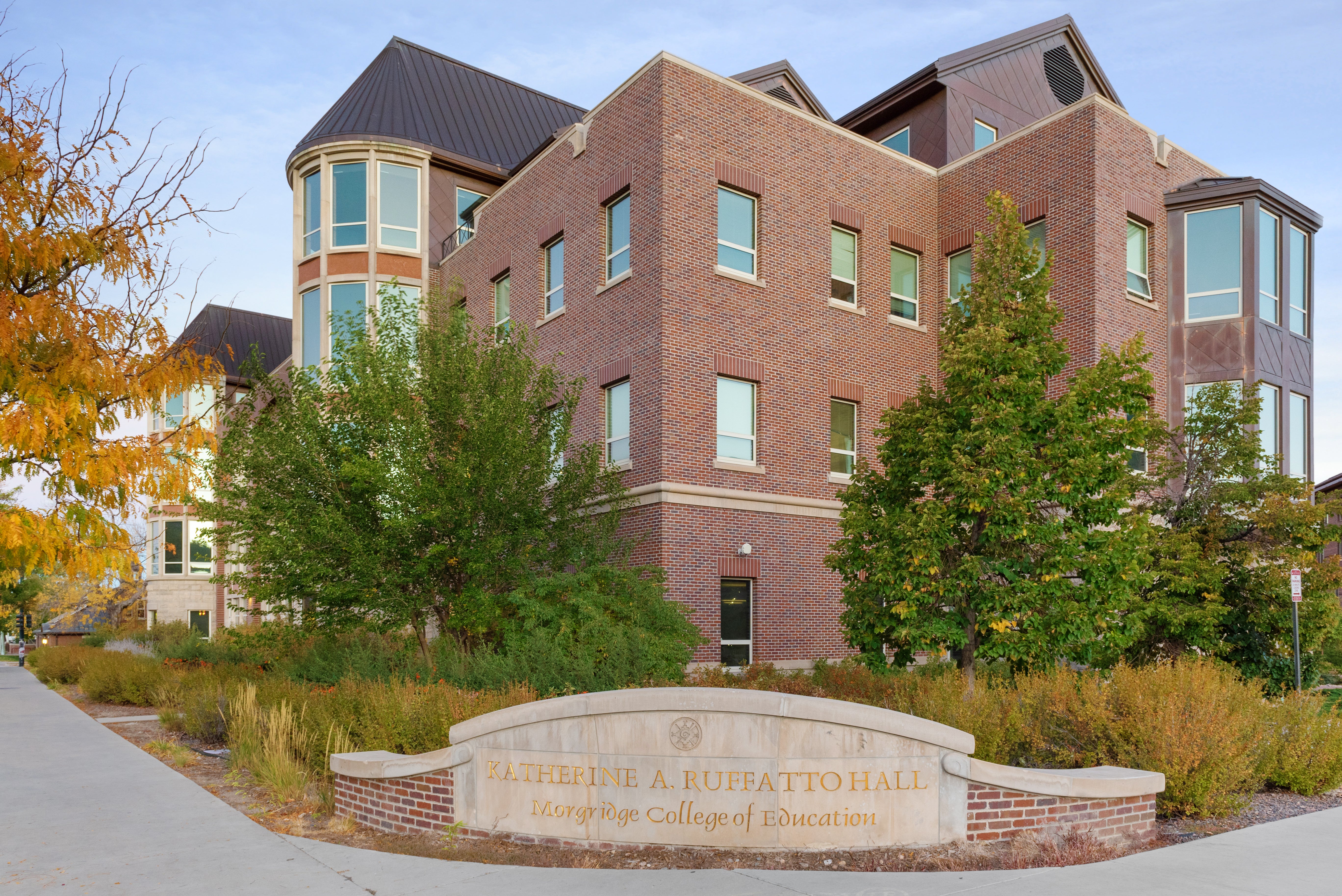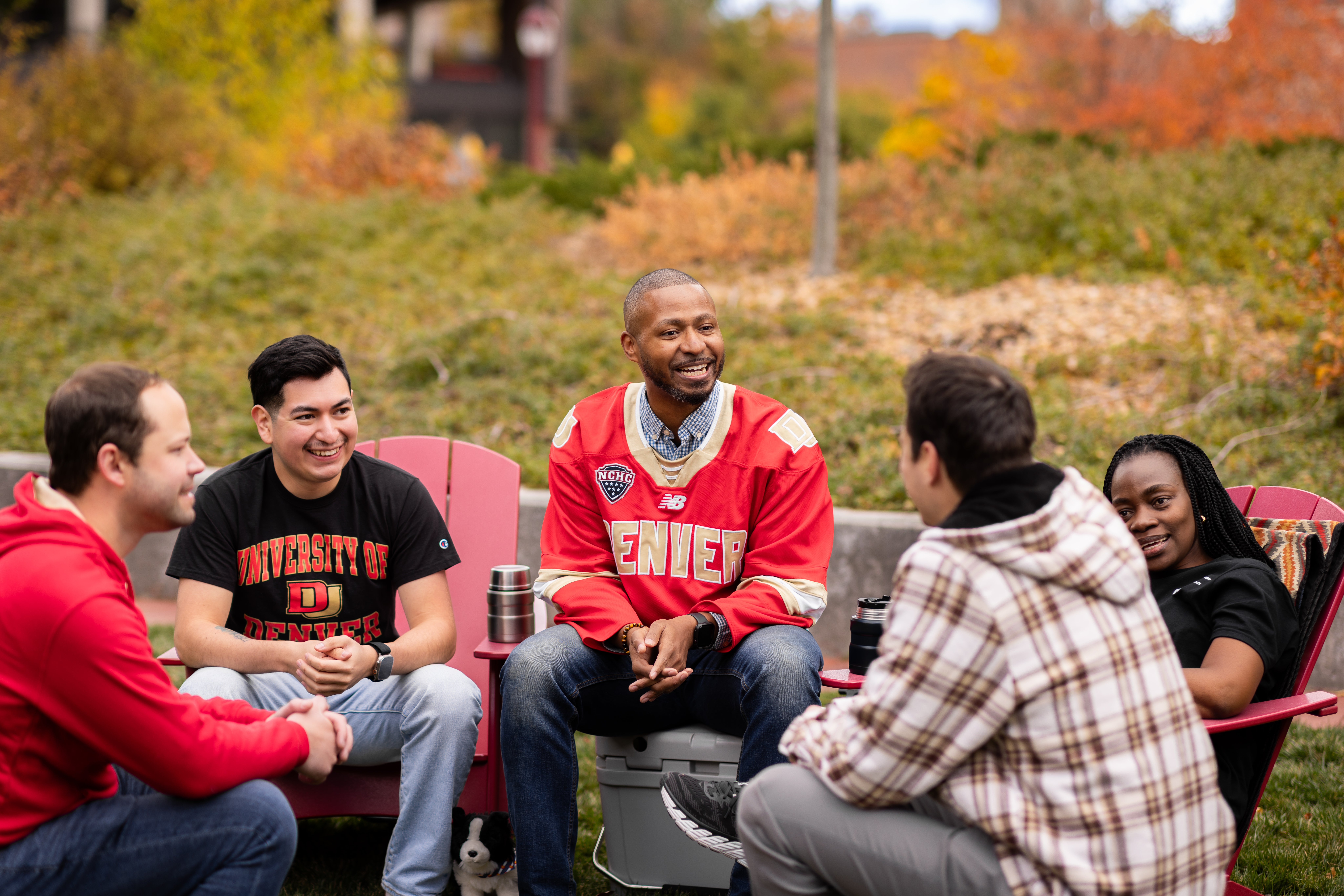Nguyen named recipient of AERA 2020 Outstanding Dissertation Award
Dr. Mike Hoa Nguyen, Assistant Professor of Higher Education, was selected as the recipient of the 2020 Outstanding Dissertation Award by the American Educational Research Association (AERA) Research on the Education of Asian and Pacific Americans Special Interest Group (REAPA SIG). REAPA promotes inquiry into educational and equity issues affecting Asian and Pacific Americans, facilitates interdisciplinary discussions around these issues, and provides members with colleagueship and support. We recently talked to Mike about his award, what is next in his career, and advice he has for students entering the writing phase of their academic journey.
First, can you tell me your dissertation title? My dissertation is entitled: “Building Capacity at Asian American and Native American Pacific Islander Serving Institutions (AANAPISI): Cultivating Leaders and Civic Engagement through Federal Policy.” And per the legislation that created AANAPISIs, capacity building is one of their primary charges. Thus, and quite simply, my study uncovers and explains the process in which AANAPISIs build capacity. However, I wanted to get a deeper sense of how these institutions build capacity for Asian American and Pacific Islanders (AAPI), and what that means to those who are involved with this initiative on campus. In doing so, I found that AANAPISIs, through a very intentional and methodical process, develop and cultivate leaders – these are leaders within the student population, but also among staff, faculty, and administrators. Many provided leadership within their own academic units, but also in their local communities and for national projects – all with the desire to enhance equity and justice for AAPI populations. And so, an argument that I make is that AANAPISIs are a race-conscious federal policy that can fulfill its legislative requirement, of building capacity in order to serve AAPI students, but in doing so, AANAPISIs can simultaneously develop leaders who are driven to serve their communities, both internal and external to the institution.
Why did you pick this topic for your dissertation? Prior to starting graduate school, I worked as a Congressional staffer in United States House of Representatives. During that time, I worked on a number of exciting projects, where my most favorite initiatives revolved around higher education; and specifically, on Minority Serving Institutions (MSI), including AANAPISIs. In that position, I was able to serve as a liaison for several institutions as they strived towards becoming an AANAPISI. From there, I knew that I wanted to study these very special colleges and universities. I observed that they were able to do so much with so little, while building environments that validated the lives of their students, while also enhancing the capacity of their staff and faculty towards these efforts.
How does your life experience play into your work? What draws you to this subject and research area? My background in government and public policy greatly informs my work. I certainly bring my lens as a former Congressional staffer to my research. And without a doubt, that impacts the way I think about educational issues and the types of questions I’d like to answer. Given my approach, I’m fascinated by MSIs and AANAPISIs because of their ability to help us rethink the potential of postsecondary education. Additionally, given that MSIs are a federally designated and funded initiative, that specifically focuses on students of color, it is one of the few areas where our government affirmatively declares a commitment to race and issues of great importance for communities of color (i.e., a federally funded race-conscious policy). With that in mind, can the federal government do more and do better? Certainly, with federal policy there is always greater potential, and my research aims to engage with policy makers in order to provide precise interventions – so that we can collectively enhance this critical work.
How does it feel to win? It is a great honor to be selected by my peers and colleagues for this award. I hope that it helps bring much needed visibility to AANAPISIs, and to their students, staff, faculty, and administrators. If you are ever able to visit an AANAPISI, or any MSI, chances are you will find some really amazing and resilient students, and a committed team of staff, faculty, and administrators who will do anything to support them. As I wrote in my dissertation, I am grateful to all of those who have labored to advance the important work of AANAPISIs, and have great hope for their AAPI students.
What is next in your career? From a professional standpoint, I hope to continue partnering with more AANAPISIs and MSIs, and build upon this work. From a personal one, I hope that my research will benefit those who study and work at AANAPISIs, as well as help policy makers who are charged with oversight and appropriations. Additionally, I will continue to bring this work into the classroom. A bit of an unashamed plug, but I teach the MSI seminar and hope that students who are curious about this important institutional type will join us!
What advice can you give to those entering the dissertation-writing phase of their education? For my runners out there, and at the risk of sounding cliché, the dissertation is a marathon not a sprint. And while you are developing your proposal, collecting and analyzing data, or writing up the findings, or really at any point or stage, it may actually feel more like an ultra-marathon. And so, it is so important to find a topic that you are passionate about and drives you. That will sustain you. Additionally, as isolating as it may feel, be sure to engage with your classmates, staff, faculty, other scholars in the field. Doing so will bring context, perspective, and energy. Finally, I can promise that if you put in the work, it will be a great dissertation – something that you will be proud of. But on the other hand, as one of my professors told me, “a great dissertation is a completed dissertation!”



